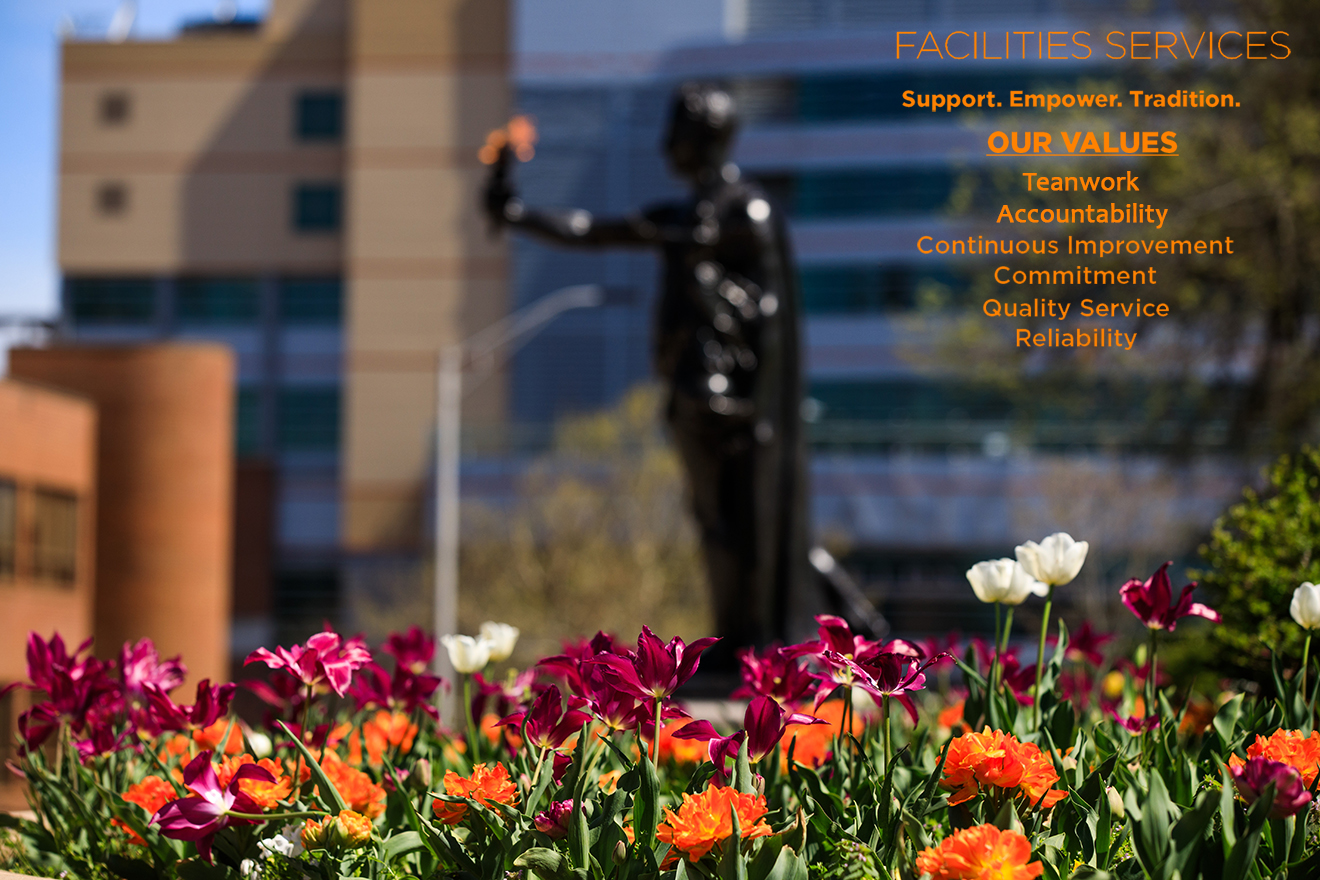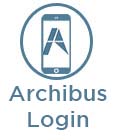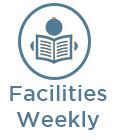
Beginning in June, information about Building Representatives will be available through the Employee Hub only.
Overview
Senior faculty or administrators are acceptable as building representatives. In buildings whose function is wholly or predominantly academic, the building representative is appointed by the dean whose college is assigned the majority of space within the facility, with the concurrence of other deans whose units have space assigned within the facility.
Building representatives are appointed in the fall, and a general updated list of Building Representatives is available here. See our Space Scheduling Policy for information on reserving buildings and classrooms. Expect routine updates and modifications to this Web site as they are received and processed by Facilities Services.
Duties
In buildings where space is assigned to several units, building representatives are encouraged to identify a small advisory group to assist in problem identification/resolution and information dissemination.
The building representative notifies building occupants about emergency situations, advises the Associate Vice Chancellor for Facilities Services on general maintenance needs, and ensures that the university’s facilities database correctly reflects space assignments.
Other duties of building representatives include authorizing student groups to sell or distribute goods or services on university grounds, and approving these activities through the Dean of Students’ Office. It is important that no sale, distribution, or solicitation be conducted on university grounds without the express authorization of the Chief Business Officer.
Communication
A list of building representatives and their home and/or cell telephone numbers are included in the university’s emergency plan. However, building representative home telephone numbers will not be distributed under anything but emergency situations. Usually, a senior support employee will serve as a secondary contact, should the building representative be unavailable.
Building representatives are informed by the Facilities Services Department of:
- Scheduled disruptions of building services (e.g., power, elevator service, steam, or water).
- Emergency situations that may affect or have affected building services.
Scheduled disruptive maintenance, such as painting or carpet replacement.
Likewise, building representatives are asked to submit a work order and an estimate request form to Facilities Services to bring special maintenance and custodial needs to the attention of facilities personnel. Such items include:
- Replacing worn-out chalkboards/whiteboards.
- Repairing or replacing broken seating in classrooms.
- Damages in the walls, ceiling, or floor.
- Any problem related to elevator service.
- Burned out light bulbs or tubes.
- Pest infestations.
- Interior/exterior damage.
- Electrical service interruption.
- Heating/air conditioning interruption.
In addition, the office of the Facilities Services Associate Vice Chancellor communicates with Building Representatives regarding:
- Approved renovations or extraordinary maintenance work.
- Changes in assignment of space.
- The status of capital maintenance or capital outlay projects for which state
- funding has been requested.
Building representatives also communicate recommendations to the appropriate dean or director regarding the building as a whole, as well as its common spaces. The dean or director contacted then considers these recommendations against college or division priorities, and then passes their recommendation on to the appropriate Vice Chancellor for final consideration. Examples of such recommendations are:
- Policies for building general access or use.
- Scheduling renovations.
- Changes or updates to safety policies and procedures.









